
By Joshua Tyler & Jacob VanGundy | Updated
Decades before Iron Man kicked off the MCU, plans were in place to create a different Marvel universe, one which would culminate in an Avengers team-up. It started on the television network CBS and spawned numerous superhero movies.
The network fully established a handful of heroes and made plans for a crossover. If CBS had succeeded in making its Marvel superhero universe, it could have kicked off the live-action comic-book trend 30 years early. Here’s what went wrong.
Spider-Man Spider-Man Does Whatever A Spider Can In The 70s
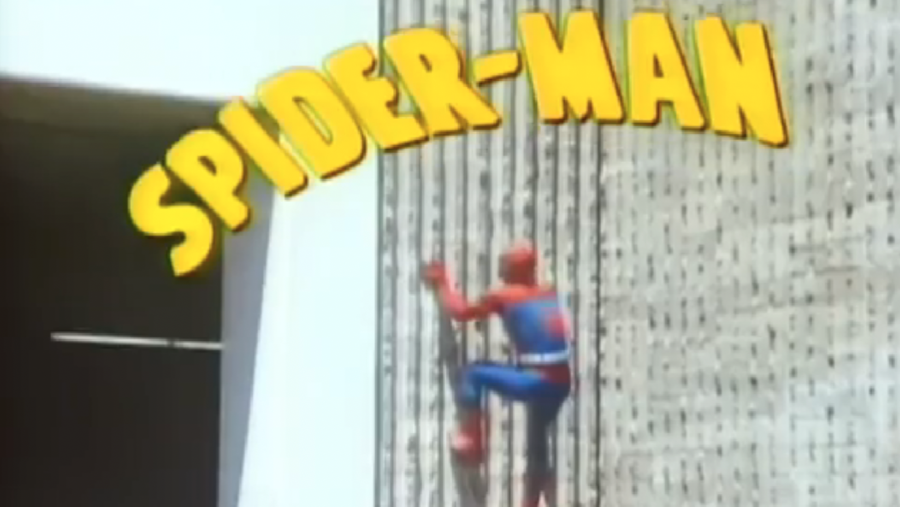
The network television version of the MCU began with the 1977 TV movie, Spider-Man. That led to an ongoing series on CBS called The Amazing Spider-Man.
Starring Nicholas Hammond as Peter Parker, the show was a rating success, but it was mostly popular with children. That limited age popularity concerned the network. So Spider-Man was reworked to be more appealing to adults in its second season.
That didn’t change the show’s demographics, and so, CBS pulled the plug on its first Marvel show in 1979.
The Muscles Were Not A Special Effect And It Made The Incredible Hulk A Success
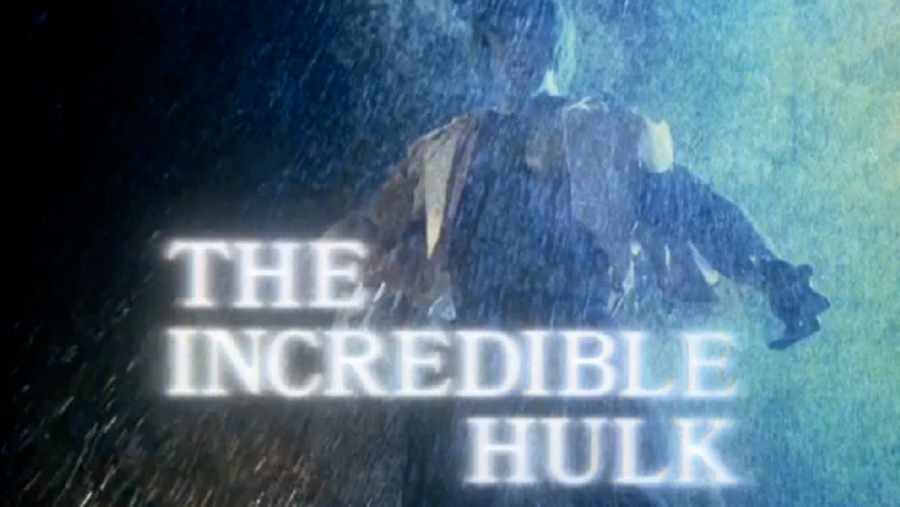
Following the same release formula as Spider-Man, The Incredible Hulk began as a TV movie released in November of 1977. That served as a backdoor pilot for the soon to follow television series, which aired on CBS.
Starring Lou Ferrigno as the green, muscled Hulk version of the character, and Bill Bixby as puny Banner, The Incredible Hulk was by far the most successful of the CBS Marvel shows, running for five seasons. It was such a hit, that even after the show’s 4 season run was done, the show was back for two further Made for TV movies, some of which were cobbled together out of old episodes.
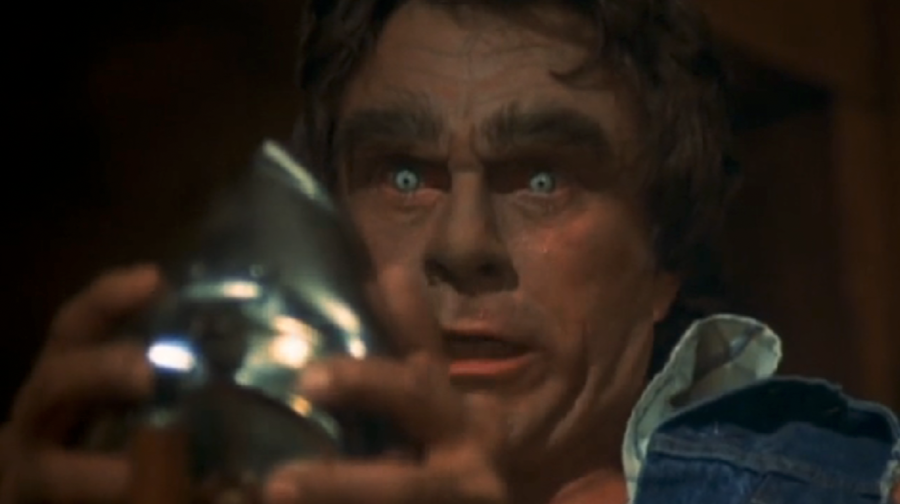
Unlike nearly every other Marvel superhero attempt made in this era, The Incredible Hulk has endured in pop culture, with the MCU even referencing it in its current streaming shows. Against all odds, The Incredible Hulk was a genuine success.
It’s something of a miracle that success happened, since both CBS and showrunner Kenneth Johnson, wanted to make it as little like the Hulk from the comics as possible. There was even a hard push by Johnson, to make the hulk red instead of green.
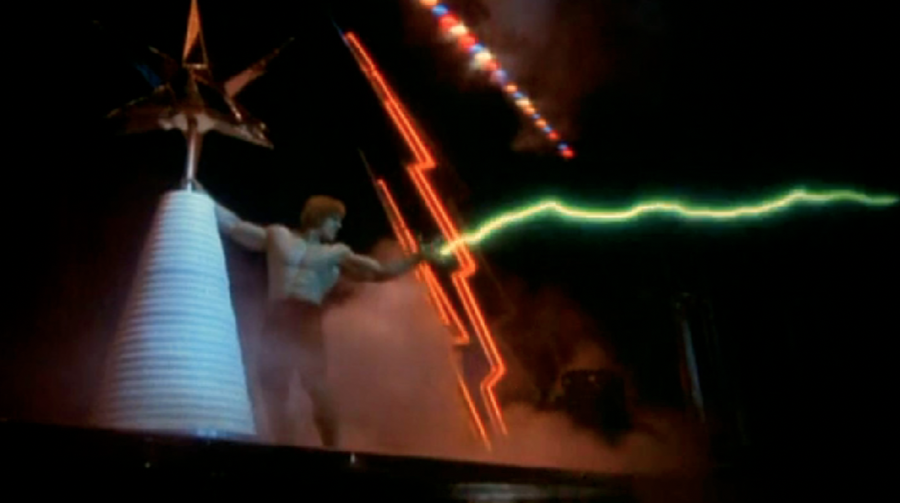
Green he argued, wasn’t the color of rage. The color of rage is red. The showrunner said he called Stan Lee for permission to change the Hulk’s skin color to red, but that was a bridge too far for the man-monster’s co-creator.
Now, The Incredible Hulk is the only early Marvel efforts to endure in pop culture consciousness. It hasn’t been forgotten and if their other efforts had been as successful, then maybe we’d have gotten the MCU, decades earlier.
It wasn’t for lack of trying though, because after Incredible Hulk, they made Dr. Strange.
Dr. Strange Gets A TV Movie
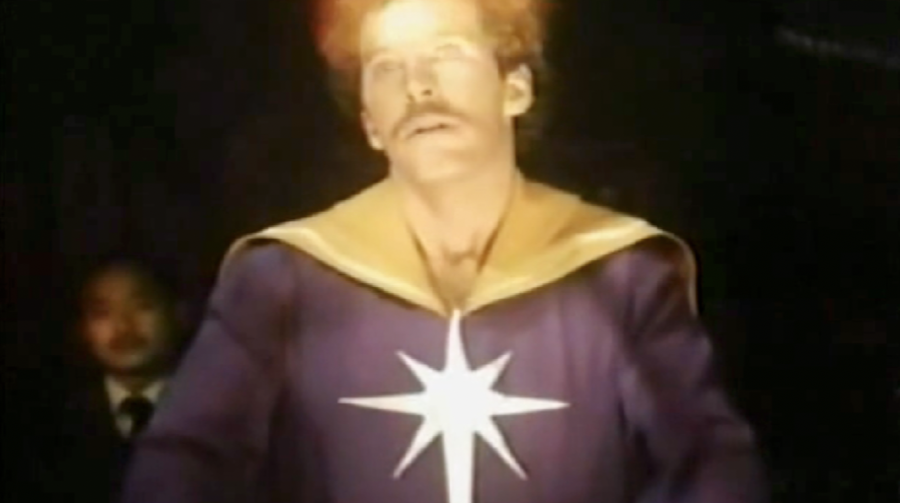
CBS’s next attempt at a Marvel adaptation was Dr. Strange, another TV movie designed as a backdoor pilot. It was released the year after the backdoor pilot for The Incredible Hulk, and given that show’s success its likely CBS had high hopes.
Starring Peter Hooten as Stephen Strange, and Jessica Walters as the villainous Morgan Le Fay, it didn’t do well enough to warrant a series. Despite its poor ratings, Dr. Strange is the closest to a comic-accurate take on a character from that era. That may be in part, because Stan Lee actually served as a consultant on the show.
Because of Lee’s invovlement, its the close to feeling like an older, low-budget version of an modern MCU movie. Assuming you can overlook the bad special effects.
Captain America’s Early Motorcycle Riding Movies Debuted On Television
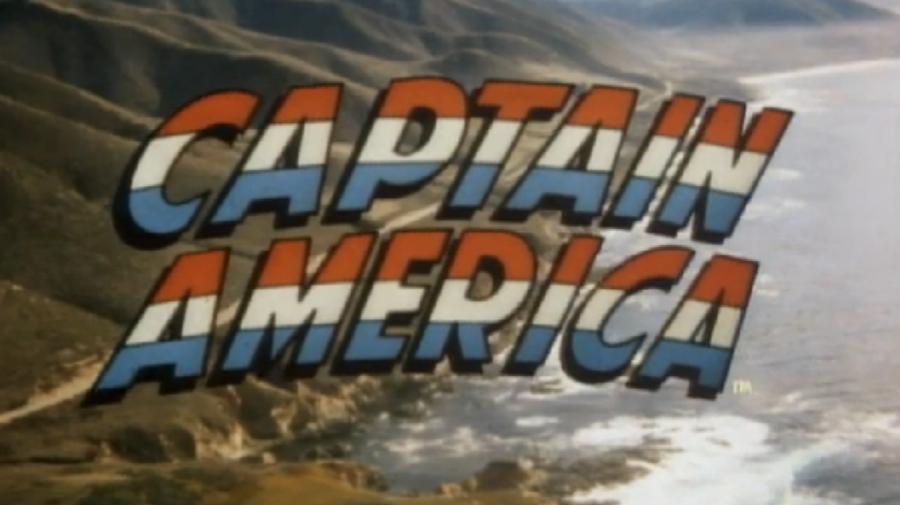
Undeterred by the failure of Dr. Strange, CBS pushed forward with their attempts to turn the Marvel universe into a television phenomenon. Their biggest push to adapt a Marvel character, came through a pair of Captain America made for TV movies released in 1979.
The first was titled Captain America and the second was titled Captain America 2: Death Too Soon. Captain America was released in January of 1979 and Captain America 2: Death Too Soon premiered on TV in November of that same year. They flopped.
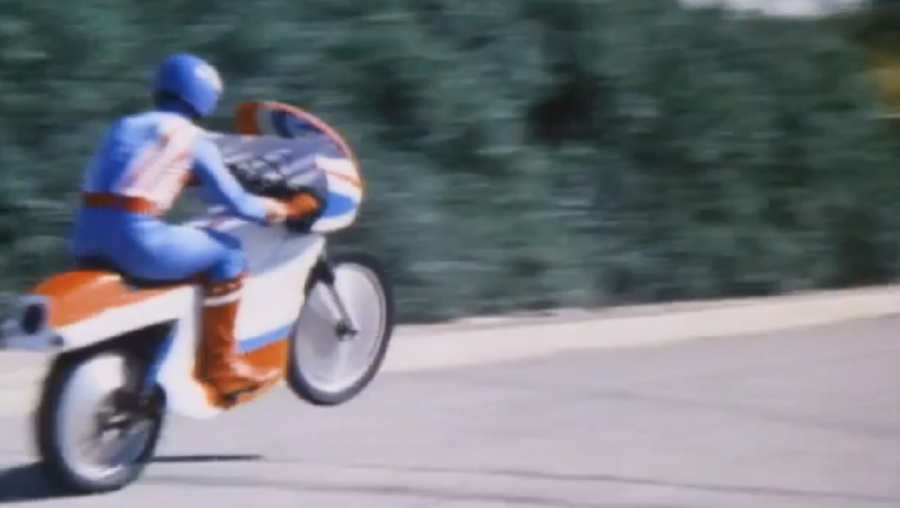
Both movies starred Reb Brown as Captain America and significantly changed his origin story and characterization, making the character feel generic. No one liked them.
Their failure could have been the final nail in the coffin for the CBS version of the MCU, but The Incredible Hulk was a success, and while it was on the air hope lingered that there might be more.
Thor Awkwardly Weilds His Hammer In A Hulk Team-Up
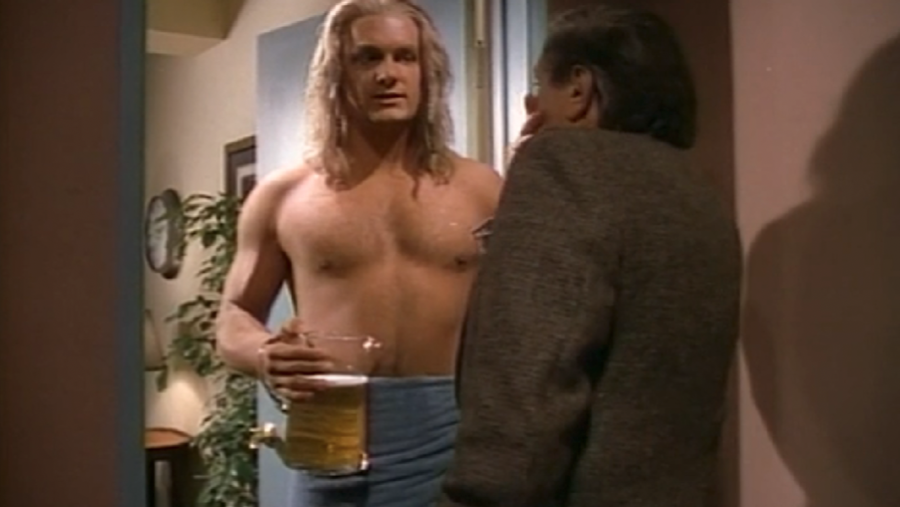
Long after The Incredible Hulk finished its run, network televisio brought it back for the 1988 TV movie The Incredible Hulk Returns. The real purpose of this movie was final attempt to make another Marvel character work on television. The Incredible Hulk Returns was a backdoor pilot for a Thor series.
It saw Lou Ferrigno’s Hulk teamed up with Thor, played by Eric Kramer. Thor’s appearance was meant to get audiences excited enough, that the character would warrant his own show. But the Thor they put on screen was hokey and terrible.
It failed and network television gave up on Marvel.
Other Attempts To Form The Avengers
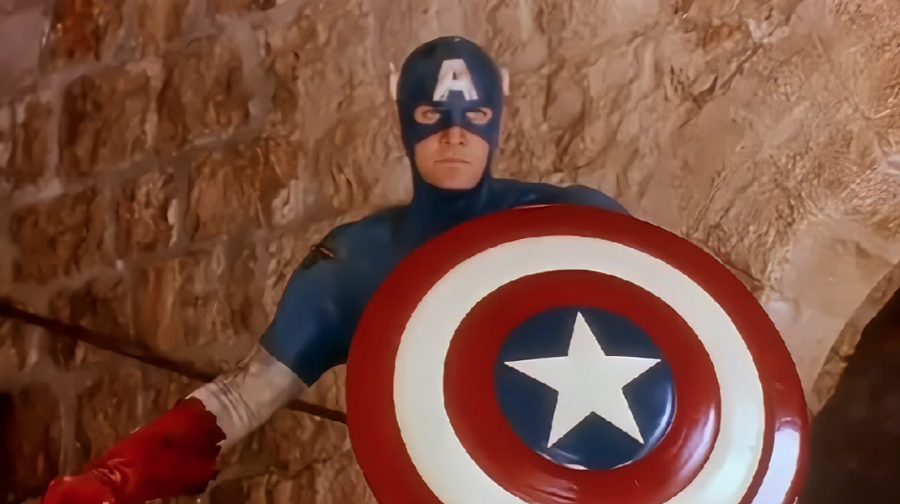
CBS’s attempt to create their own Marvel TV Universe failed, but Marvel kept trying with other deals.
In 1990 The Cannon Group, notorious shlock filmmakers, attempted a theatrical version of Captain America. The movie was never released in the United States, though it did get a brief theatrical run in the UK. It did, however, become something of a cult favorite as a direct-to-video entry showing up on the bottom shelves at local Hollywood video stores.
Marvel kept trying, though this meant they’d failed at making a Captain America movie worth watching, three times, by then. In 1994 they gave another low-budget filmmaker, Roger Corman, a shot at making a Fantastic Four movie. If you’re wondering why you’ve never heard of it, or seen it, it’s because the movie was was never released.
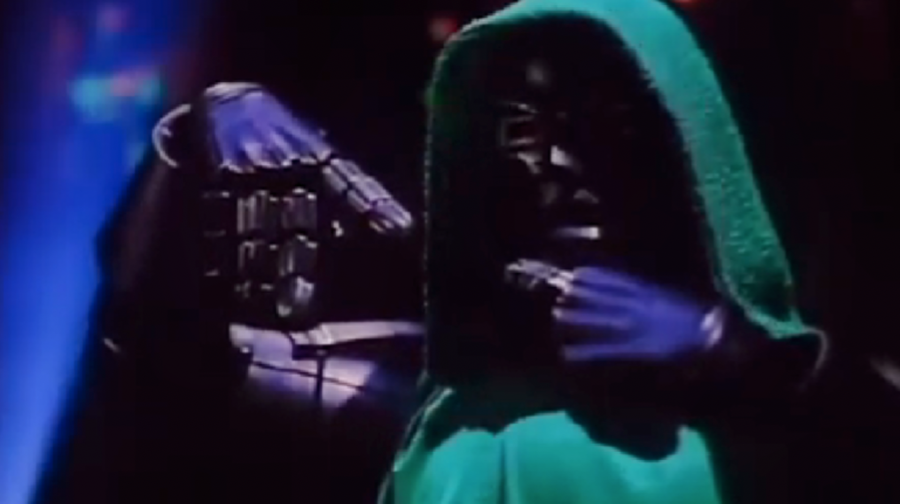
Why it was never released is something of a debate. Corman claims he never intended to release it and the movie only exists as a way to hang on to the Fantastic Four movie rights. Others claim it was so bad that even Corman was embarrassed to release it.
Leaked versions of Corman’s Fantastic Four are available online now and, thanks to overacting leads and cheap costume armor, it ends up being a lot like early episodes of The Power Rangers.
There was also an attempt, to get a live action Iron Man movie going, around the same time. There was even a script written,but the project stopped there. That’s probably for the best, given how terrible Iron Man’s suit likely would have been.
Why The TV Avengers Of The 70s And 80s Never Formed Up
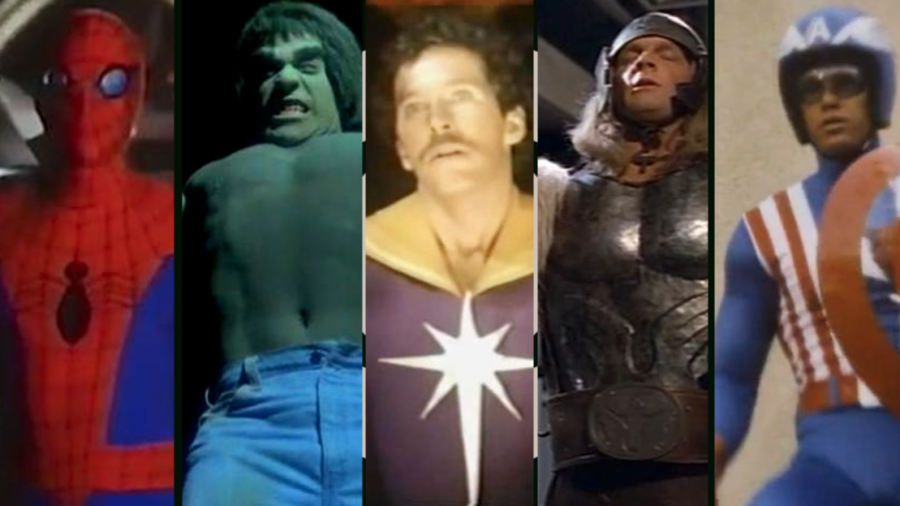
It’s CBS that really put the most effort into trying to make a full on live-action Marvel universe success. They were ready to form their own Avengers, if they’d been able to make anything work in addition to the Hulk. They just needed other popular heroes to team him up with.
Plans were made for crossover episodes between The Incredible Hulk and The Amazing Spider-Man early on, but the concerns over Spider-Man’s young fanbase prevented the MCU-style team-up. After both series ended, actors Bill Bixby and Nicholas Hammond pitched a Hulk/Spider-Man TV movie, and while more Hulk TV movies were made, they never brought Hammond’s Spider-Man back.
If the crossovers had happened, they easily could have evolved into Dr. Strange and Captain America joining up for a campy ’70s Avengers TV event. Inconsistent ratings were a hurdle for CBS, attempting its TV version of the MCU, but it also faced two major corporate problems.
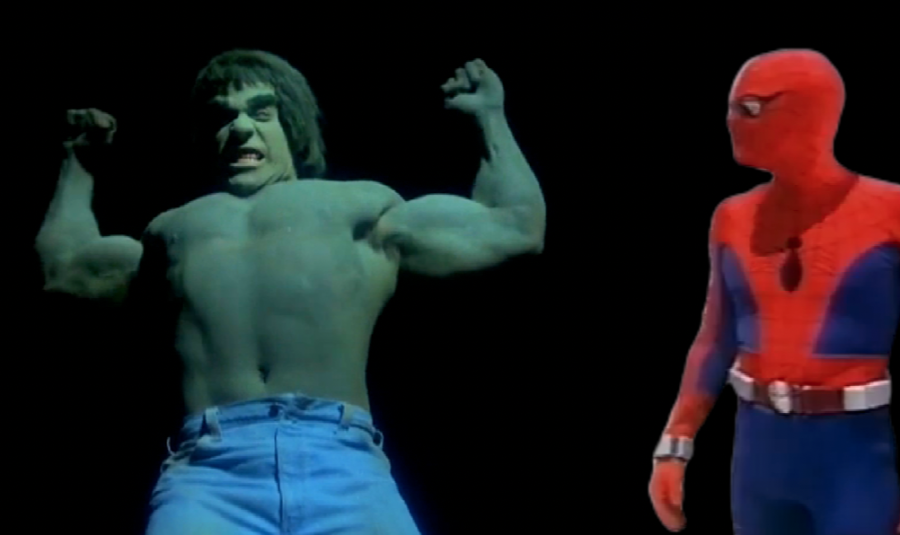
One was that CBS was nervous about becoming synonymous with superheroes, which at the time were thought of as being only for kids. That’s at least a part of why Spider-Man was canceled, despite its ratings success.
The other is that Marvel itself was increasingly dissatisfied with CBS and worried about the network creating new characters of their own, spun off the shows they owed to Marvel. It was that paranoia which led Marvel to the creation of She Hulk, in an attempt to stop CBS from owning the idea of a female Hulk.
The interconnected universe has been a huge part of Marvel comics since the 1960s, and CBS almost brought that to the small screen nearly 50 years ago. While the campy style of the CBS productions might have prevented MCU-level popularity, a full universe with the impact of The Incredible Hulk could have shifted the whole genre.
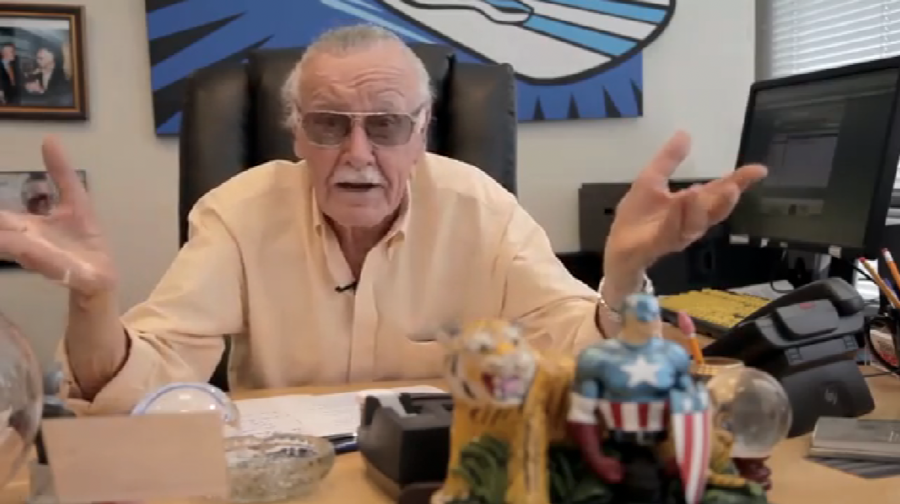
While the idea feels very modern, shared superhero universes easily could have become the hot trend of the 80s, if even one of those CBS projects besides the Hulk had taken off. It didn’t happen. The world wasn’t ready.
Maybe it’s for the best, because if any of the Marvel plans of the 70s, 80s, and 90s had worked they never would have turned out as well as what we have now. Robert Downey Jr. as Tony Stark was worth waiting for.

Leave a Reply